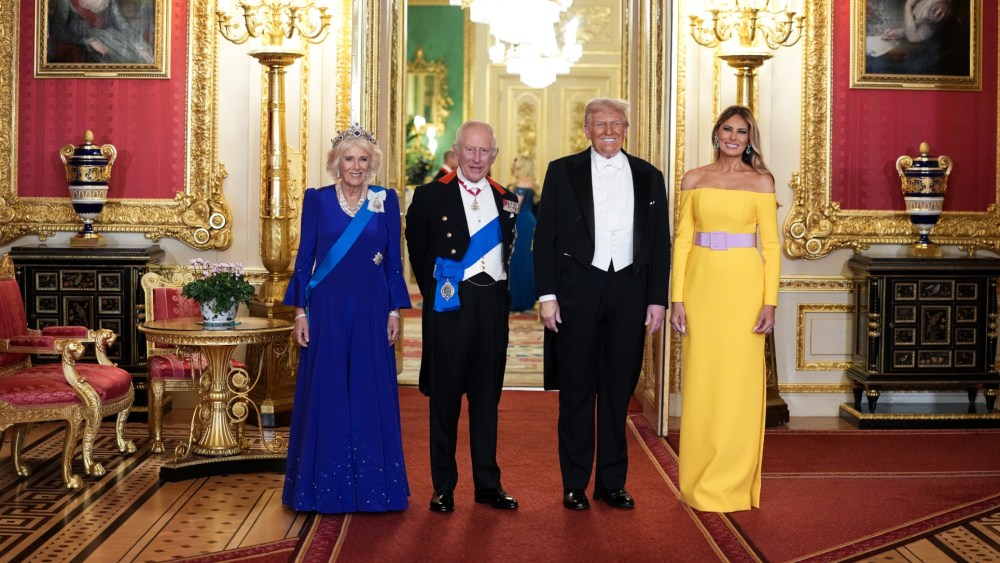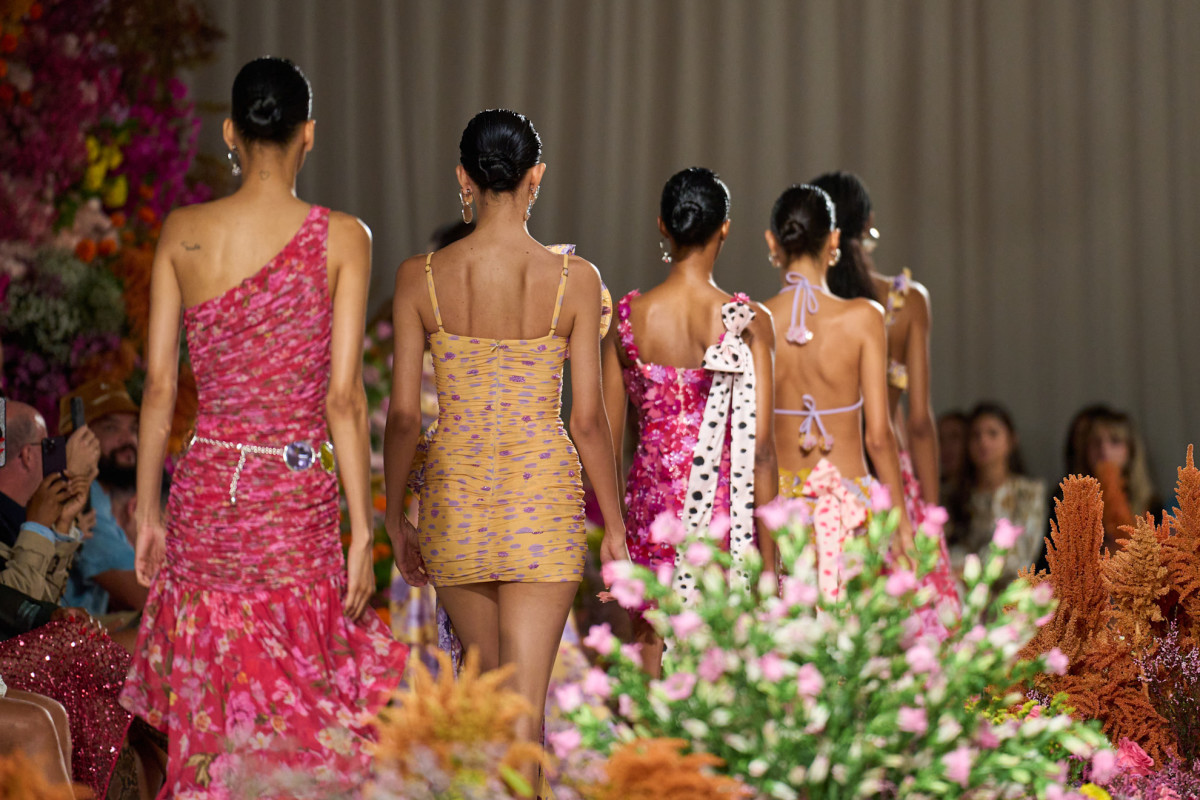
Sitting down one-to-one with Andree Jeglertz is a fascinating experience. For a coach with over 20 years of experience in the women’s game, it’s striking how open he is. No pretence or front just an honest assessment of how he sees things.
“This group, in the beginning, was maybe waiting a little bit for me to tell them what to do,” he says about his first few weeks in post at Manchester City. “I don’t think you develop that way. Most things the players need to be able to solve during a match themselves.”
Jeglertz believes strongly in empowerment. He likes players to be free in a structure that allows each individual and their strengths to thrive. There is a subtlety to the changes he has made so far at City – tweaks that point towards evolution but don’t detract from a style firmly ingrained in the fabric of the club.
City’s 2-1 win over Brighton last Friday summed up the strategy perfectly.
The first goal, scored by the inevitable Khadija Shaw, is textbook. Straight from the Man City manual.
Alex Greenwood plays a pass through the lines, Leila Ouahabi is high and wide, ready to hang up a deep cross to the back post where Shaw is arriving to power a header home. Nothing new, however impressive the precision. City have been scoring that way for millennia.
Last season they netted 15 cross-assisted goals, at least six more than any WSL side. They scored 13 headed goals, at least four more than any other. The maths makes sense given they have typically had a monopoly on the best wingers in the division. And Shaw is a compelling target to aim at.
Their second goal – Yui Hasegawa’s winner – however, is where interest peaks. A move that no doubt earned the Jeglertz stamp of approval, cooked up in pre-season in a bid to increase Hasegawa’s influence in a specialist role.
“Yui is one step ahead all of the time,” Jeglertz told me on the eve of the new campaign. “We have put more attention on her not being stuck in one position, we would like to get her more fluent. She has qualities to play higher up the field because she spots space so well. We have to use her smartness.”
Imagine the Danish coach’s delight when, just two games into the season, Hasegawa is rounding off a slick one-touch move between the width of the posts, involving Lauren Hemp, Aoba Fujino and Kerolin. Knife through butter stuff.
Four passes, all intentional and intricate, had Hasegawa one-v-one with the opposition goalkeeper and she tucked the chance away like any good striker would. Hemp’s decision to invade inside rather than head for the byline was equally deliberate. Evolution unfolding.
Jeglertz wants City to become less predictable, with multiple means of scoring goals, beyond the threat from wide they have been so enduringly aligned with. City, after all, have some of the best central technicians in the league, Hasegawa one of them.
“A lot of things in football is relationships, how are the players working together? Do they know when to expect certain movements and runs? Do they know when to cross, when to shoot – it’s all about building connections,” he says.
Under Gareth Taylor, City had a rigid game model with lesser-seen tactical flexibility. Often that took the form of a 4-3-3. Hasegawa was a fixed No 6, Hemp an out-and-out winger, Shaw a purveyor of the box only.
This new system is not a radical change, but rather an offer of greater freedom within a flexible framework. And that means playing higher and more aggressively too. In a break with Taylor’s patient style of build-up, City under Jeglertz are a pressing force.
“The small details really matter. It’s everyone’s project.” Jeglertz is big on ownership.
“The best thing about being a professional footballer is the feeling of it, take a step back and enjoy it. And then we can play forwards, win turnovers high, create energy to press. It’s my job to put the players in roles to optimise the way we want to play football.”
It will take time to knit together completely but players have quickly bought into the process. Design is already evident. “I am proud of the players’ patience,” Jeglertz reflected after beating Brighton. “There was no stress”. And Hasegawa, so central to City’s adoption of their new head coach’s ideas, was the coolest of the lot, second only to Shaw in xG value while posting a passing accuracy of 91 per cent.
City’s rivals will no doubt be alert to the fact that the last time the club were not juggling domestic duties with the rigours of European football back in 2023-24, they were beaten to the title only on goal difference. The absence of Champions League demands will allow the time needed to perfect the finer details of a game plan that already shows promise.
And with Hasegawa at the heart of it, the possibilities are endless.
#Andree #Jeglertzs #strategy #Man #City #Yui #Hasegawa #important #success #Football #News











